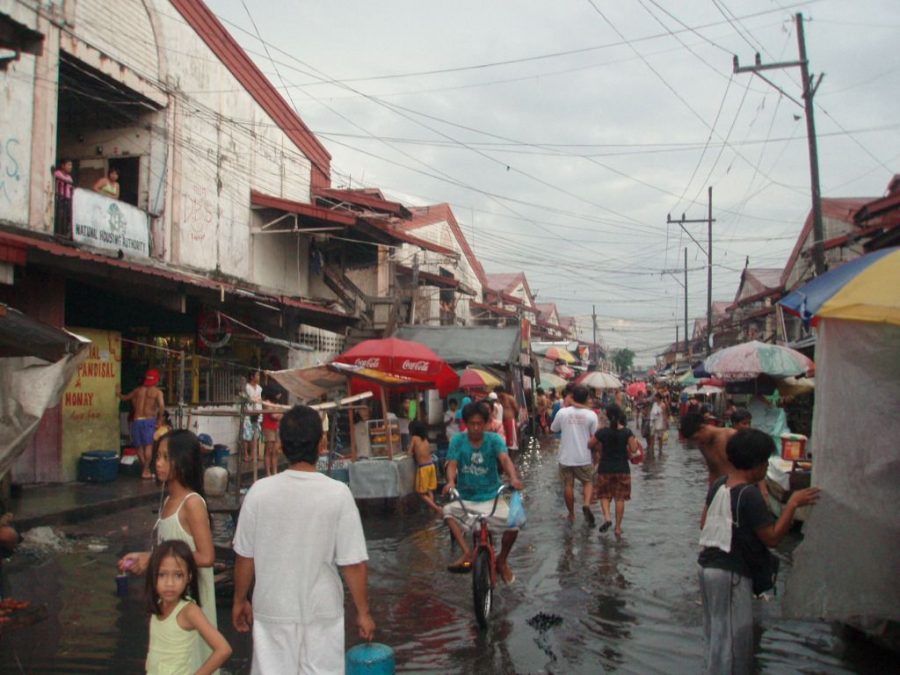
In his his bestselling 2007 book The World Without Us, Homelands senior producer Alan Weisman imagined a planet where all the human beings had suddenly disappeared. How would natural systems respond? How long would it take for Earth to recover?
Since the COVID-19 pandemic began, his phone has been ringing off the hook. People want to know what The World Without Us can teach us about the current moment.
In an essay in the Boston Globe Magazine (full text here) marking the 50th anniversary of Earth Day, he argues that the lessons of the crisis have little to do with a post-human world. The heart of the problem is the subject of his subsequent book, Countdown: that human beings have grown too numerous and too destructive for a planet with finite resources.
“[A]s we salvage our wrecked economies, let’s discard the notion that growth equals health. Endless economic growth clearly isn’t possible on a planet that doesn’t grow — look where it’s gotten us…. Real health means fewer of us crowding and infecting each other, clear skies and water, ample room to breathe, and thriving wildlife: not for sale, but in its element, where it’s thrilling to see, and where it can keep its microbes and viruses to itself.”
Also, in case you missed the announcement, Slate named The World Without Us one of the top 50 nonfiction books of the last 25 years.